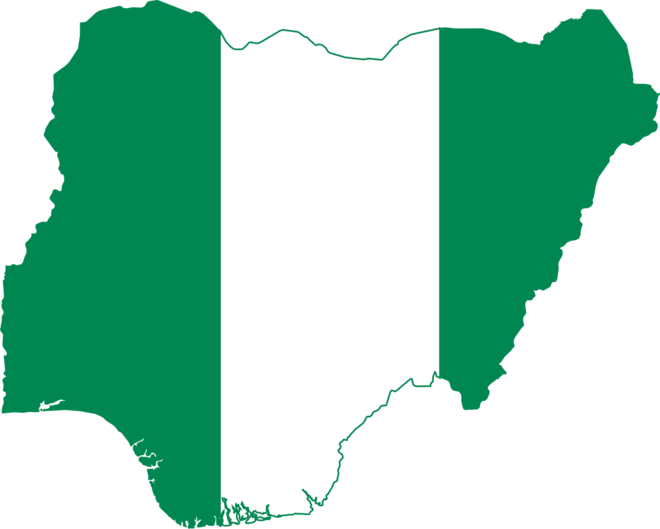The South and Nigeria’s democracy
The handshake across the Niger Summit has come and gone. Although the event was fraught with strategic shortfalls, the move ought to be encouraged by all because disunity in southern Nigeria has been a stumbling block to Nigeria’s democracy. A definite problem that has haunted the Nigerian democracy for ages is lack of dynamic opposition. […]


The handshake across the Niger Summit has come and gone. Although the event was fraught with strategic shortfalls, the move ought to be encouraged by all because disunity in southern Nigeria has been a stumbling block to Nigeria’s democracy.
A definite problem that has haunted the Nigerian democracy for ages is lack of dynamic opposition. This phenomenon has contributed to systemic dictatorship, and, by consequence, a history of power abuse. The god of democracy came to the rescue by provoking the creation of the All Progressives Congress (APC). Unfortunately, however, the desired outcome has been elusive.
The gist is that disunity in southern Nigeria has emboldened a group to assume absolute authority in the affairs of the nation. Instead of the government of the people by the people, Nigeria has become a government of a group of people. The result has been an absence of the checks and balances central to effective democratic governance, and, of course, continued abuse of power.
Think of any debate or policy on Nigeria, be it constitutional amendment, restructuring of the country or what have you. When all is said and done, the final decision is hardly based on the salient points raised through the debates, but simply on what a group wants.
Similar to the path to effective leadership in a multiparty democracy, there is the need for regional equipoise between the North and South. Such approach has the potential to entrench balance, reduce culture of impunity, and, consequently, allow genuine development in the country.
In short, the handshake across the Niger is designed for the South to emulate its northern counterpart to finally demonstrate common sense in terms of unity. For instance, though the North is made up of a multitude of ethnic groups, the region typically speaks with one voice through central organisations. In other words, instead of masquerading with beggarly ethnic antiquities such as Ohaneze Ndigbo, Afenifere or the various Niger Delta outfits, the entire South should simply promote central bodies.
Southern leaders must be careful to avoid a fall before the rise. The recent handshake across the Niger is a bold step forward, no doubt, but its strategy is tangentially myopic. Such strategy has already given rise to the emerging nickname, “The Igbo/Yoruba Summit,” which is enough to create peppering mistrust among the minorities in the South. It can be misconstrued as sowing seeds of socio-cultural hegemony by the Igbo and Yoruba over smaller ethnic groups in the South. That is why southern leaders must learn to embrace umbrella southern organisations over tribal charters.
The South should also guard against unrepentant sycophants who, in an attempt to curry favour, will stop at nothing until the vision for southern unity is frustrated.
Unity in the South must not be seen as a coup against any group. It is only a means to an end; the end being the overall unity of Nigeria and effective democratic leadership.
SKC Ogbonnia, [email protected]
